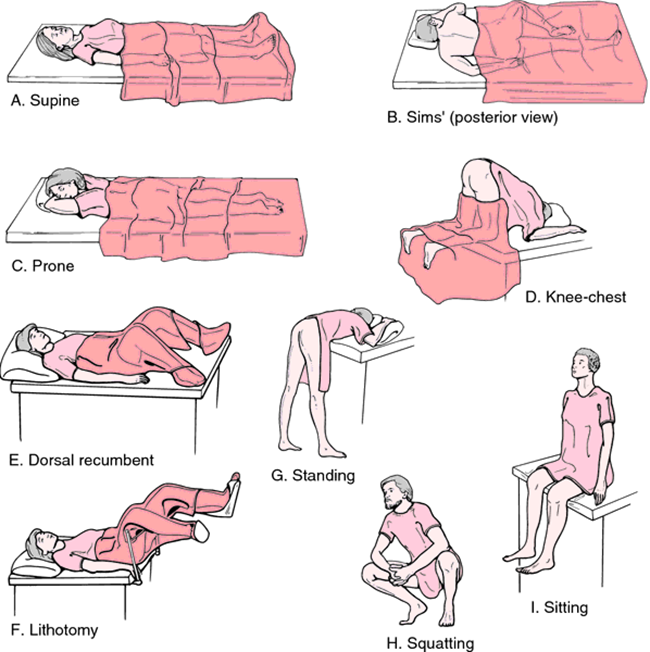A nurse has accepted a position in a pediatric unit and is learning about psychosocial development. Place Erikson's stages of psychosocial development in order from birth to adolescence. (place them in the selected order of performance.)
Trust vs. mistrust
Autonomy vs. shame and doubt
Initiative vs. guilt
Industry vs. inferiority
Identity vs. role confusion
The Correct Answer is A,B,C,D,E
Trust vs. Mistrust (Birth to 1 year): In this stage, infants learn to trust or mistrust their caregivers and the world based on the consistency of care they receive.
Autonomy vs. Shame and Doubt (1 to 3 years): During this stage, toddlers learn to exercise will and to do things independently; failure to do so causes shame and doubt.
Initiative vs. Guilt (3 to 6 years): In this stage, children begin to assert control and power over their environment through directing play and other social interactions.
Industry vs. Inferiority (6 to 12 years): Here, children learn to read, write, and do things on their own. Peers and teachers become significant figures, and children strive to be competent and successful.
Identity vs. Role Confusion (12 to 18 years): Adolescents search for a sense of self and personal identity, through an intense exploration of personal values, beliefs, and goals.
Nursing Test Bank
Naxlex Comprehensive Predictor Exams
Related Questions
Correct Answer is D
Explanation
A. Obtain a bedside commode for the client's use: While helpful, this might not address the client's fear of walking in a dark room, and it requires transferring, which could still pose a fall risk.
B. Limit the client's fluid intake in the evening: This can prevent nocturnal trips to the bathroom but doesn't directly address safety if the client needs to get up at night.
C. Put the side rails up and tell the client to call the nurse before voiding: Side rails can sometimes increase fall risk if the client attempts to climb over them. It's more beneficial to ensure a safe environment.
D. Leave a nightlight on in the client's room: This provides adequate lighting, reducing the risk of tripping or falling in the dark, which directly addresses the client's concern about safety while walking to the bathroom.
Correct Answer is C
Explanation
A. Lithotomy: The lithotomy position is primarily used for gynecological exams and procedures, where the client is lying on their back with legs elevated and supported. It is not appropriate for breast examination.
B. Sims: The Sims position, where the client is lying on their side with one knee bent, is typically used for rectal exams and certain types of enemas. It is not suitable for breast examination.
C. Supine: The supine position, where the client lies flat on their back, is the most appropriate for breast examination. This position allows for better palpation and inspection of the breasts and facilitates a thorough examination.
D. Prone: The prone position involves lying face down. This position does not provide access to the breasts and is not used for breast examination.

Whether you are a student looking to ace your exams or a practicing nurse seeking to enhance your expertise , our nursing education contents will empower you with the confidence and competence to make a difference in the lives of patients and become a respected leader in the healthcare field.
Visit Naxlex, invest in your future and unlock endless possibilities with our unparalleled nursing education contents today
Report Wrong Answer on the Current Question
Do you disagree with the answer? If yes, what is your expected answer? Explain.
Kindly be descriptive with the issue you are facing.
